The six most expensive words in education tech
How your school could afford high end devices like iPads
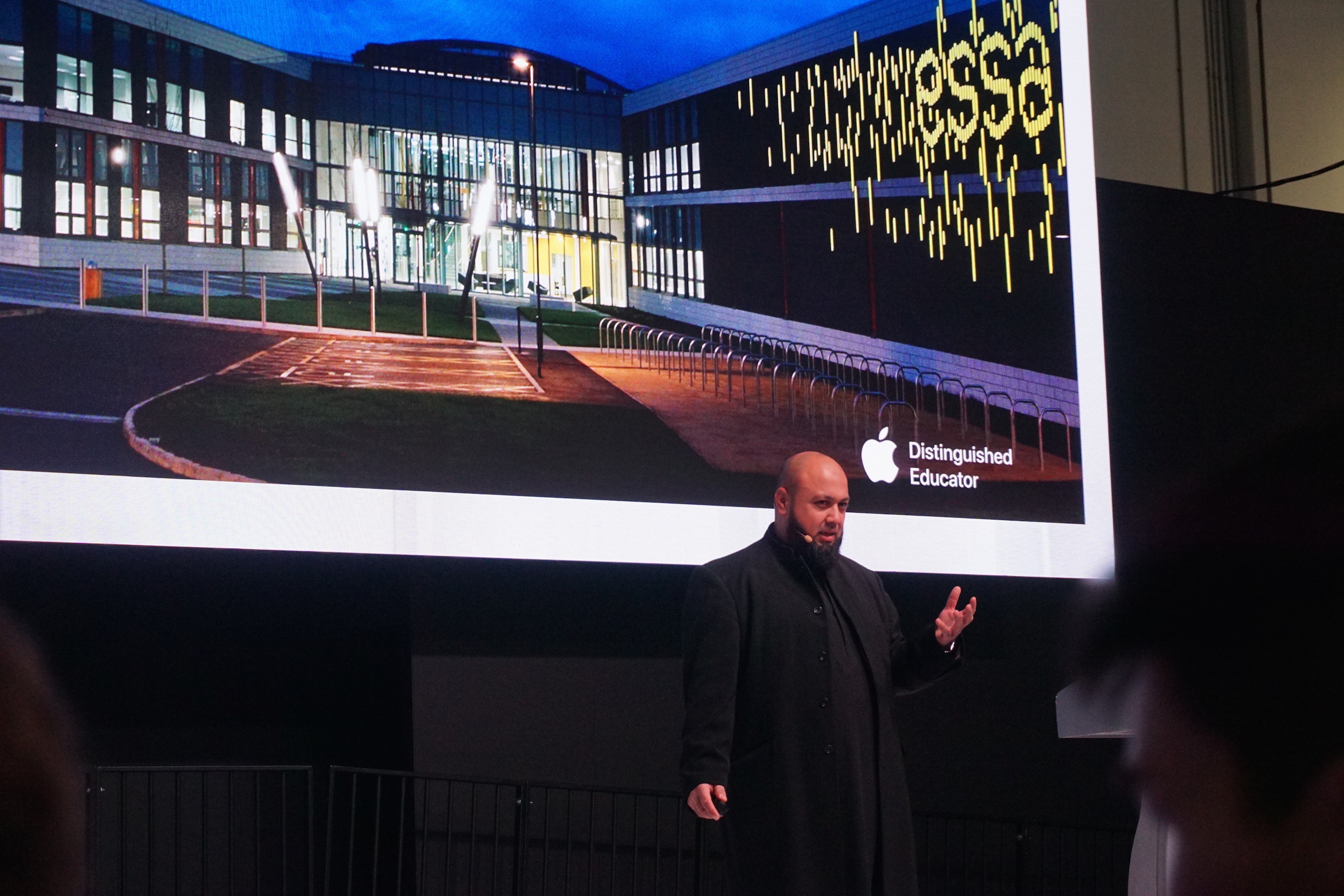

The six most expensive words in education are: "We've always done it that way".
That's according to Abdul Chohan, director of development at Essa Academy, who opened Bett 2017 with a detailed look at rolling out Apple's devices and educational platform across his school - answering the most frequently asked question, how he paid for it.
But he argued that radically rethinking how technology is used in classrooms need not cost more, saying "we've always done it that way" are the "six most expensive words in education".
Chohan described the tech hell many teachers make do with, dubbing it the laptop trolley experience, wherein they wheel 30 laptops into the room, knowing full well some won't work and the logins will trip up students. "If my laptop trolley doesn't work, I'll print 30 sheets just in case," described Chohan.
It can be better, he believes. His school, Essa Academy in Bolton, draws 80% of its students from areas of deprivation, making innovation a difficult task. But several years back, he started what he called an "ambitious project".
Rather than renewing the laptop trolleys, Chohan bought mobile devices - at the time, iPod Touches, upgrading to iPads in 2010 - for every student, allowing them to email, take pictures and record voice, as well as use apps and ebooks. "We began to see the power of something simple and reliable," he said. "This thing became our digital pencil case."
The iPod Touches weren't only handed out to students. "Put that in the hands of our caretaker, and suddenly he can prioritise things," said Chohan. "He doesn't have to go to noticeboards to see what's next on his list."
Get the ITPro daily newsletter
Sign up today and you will receive a free copy of our Future Focus 2025 report - the leading guidance on AI, cybersecurity and other IT challenges as per 700+ senior executives
But how does a school in a deprived area - let alone any other - afford a pricey tablet for every student? Apple's marketing team will love Chohan's maths: he says by year two the project was already saving the school money over laptop trolleys.
That's largely down to paper use. "If I take the amount of money to photocopy and print over three years... it's actually cheaper for me to buy an iPad, as long as I change my processes," he said. In 2010, the school spent 29,976 on photocopying. That fell to 13,200 a year later, and 9,240 in 2012.
There were other savings. The school was renovating at the time the project kicked off, and the switch to tablets saved infrastructure costs, including desks and cutting the number of photocopiers from nine to three.
There's still a computer lab with standard machines, "but you don't see computers everywhere," he said. That allows computing science to be taught on standard computers, though Chohan also sung the praises of programming apps such as Swift Playgrounds, which can be used on iOS.
Chohan also questioned the necessity of buying new textbooks every year, with his teachers producing some of their own educational materials. "We have the knowledge, we are teachers, we are curators of information - so we started this project of making our own textbooks," he said. They're now in Apple's bookstore and are available to download by other educators for free.
The digital books can also make use of 3D diagrams and video, particularly handy for Essa's many students who don't speak English as a first language, as they can repeat videos to hear a word or pause them to look that word up.
For schools that can't afford to immediately ditch the "laptop trolley model," Chohan points to schools that have slowly shifted away, buying tablets - Apple or otherwise - when budgets allow or when it's time to upgrade existing laptops.
Chohan countered questions that the setup he describes is too reliant on technology. "This is all about good teaching and creating the right environment in the classroom," he said. "There are definitely times you don't want students to use iPads or use technology, and that kind of discipline is needed."
Picture credit: Nicole Kobie
Bett 2017 show preview - what should you definitely see?
Freelance journalist Nicole Kobie first started writing for ITPro in 2007, with bylines in New Scientist, Wired, PC Pro and many more.
Nicole the author of a book about the history of technology, The Long History of the Future.
-
 Why keeping track of AI assistants can be a tricky business
Why keeping track of AI assistants can be a tricky businessColumn Making the most of AI assistants means understanding what they can do – and what the workforce wants from them
By Stephen Pritchard
-
 Nvidia braces for a $5.5 billion hit as tariffs reach the semiconductor industry
Nvidia braces for a $5.5 billion hit as tariffs reach the semiconductor industryNews The chipmaker says its H20 chips need a special license as its share price plummets
By Bobby Hellard
-
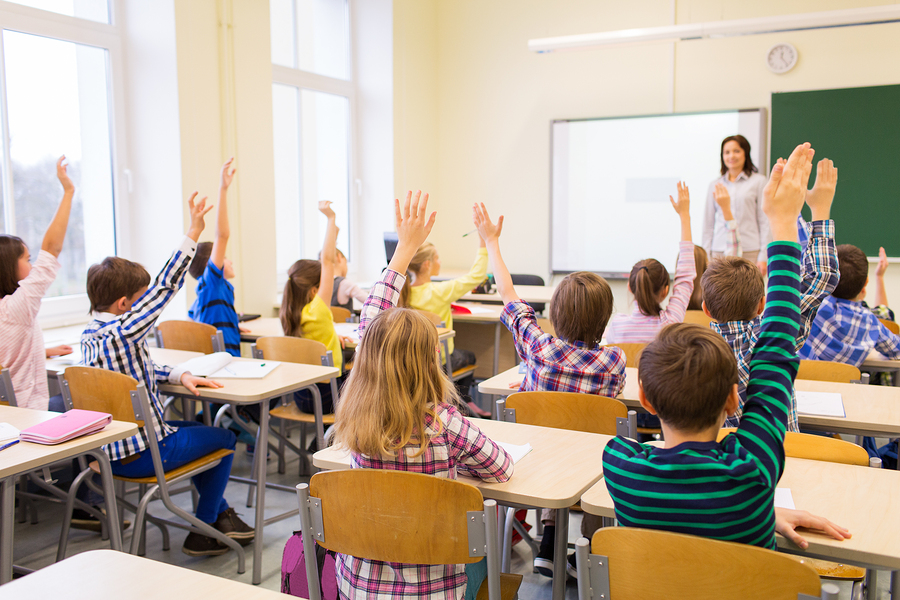 European Electronique’s Freedom Cloud
European Electronique’s Freedom CloudSponsored Freedom Cloud helps schools move to a fully managed public or hybrid cloud with educational IT provision
By James Morris
-
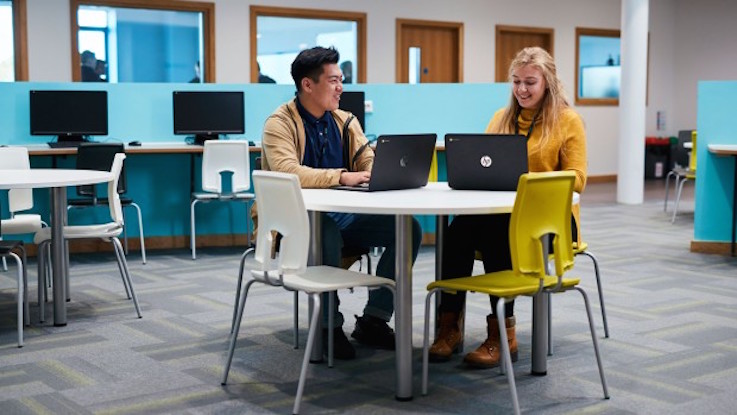 C-Learning puts the "cloud first" in education
C-Learning puts the "cloud first" in educationSponsored UK schools and colleges are only just entering the cloud revolution
By James Morris
-
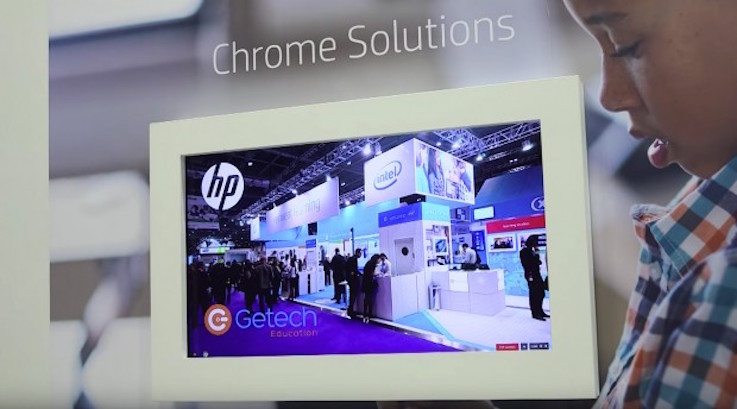 Getech Education helps schools move to the cloud
Getech Education helps schools move to the cloudSponsored Taking a school's classroom IT to the cloud needs careful consideration
By James Morris
-
 RM Buzz from RM Education
RM Buzz from RM EducationSponsored RM Buzz adds user-focused filtering on Chromebooks for students using RM Unify and G Suite for Education
By James Morris
-
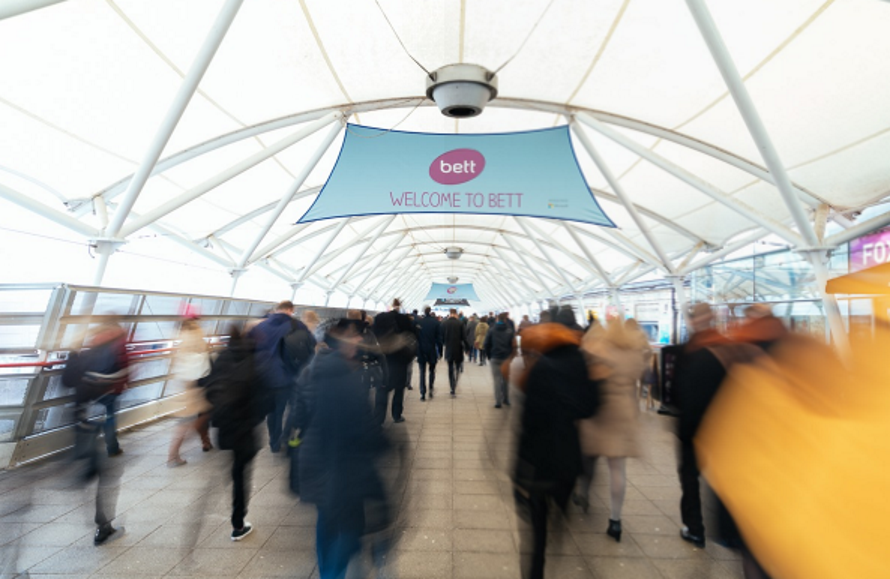 BETT 2017: don't drown schools in wave of ed tech
BETT 2017: don't drown schools in wave of ed techOpinion Finding the right tech in the flood of options isn't easy for schools
By Nicole Kobie
-
 How teachers brought Minecraft into classrooms
How teachers brought Minecraft into classroomsNews Microsoft and Minecraft reveal new teacher tools for using the game in schools
By Nicole Kobie
-
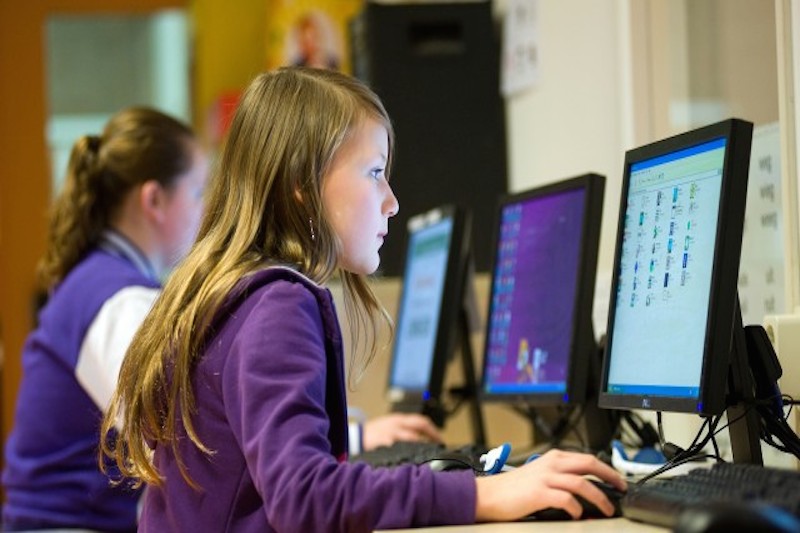 HP: VR and two-in-ones are the future of ed tech
HP: VR and two-in-ones are the future of ed techAnalysis HP's head of education predicts the future of technology in classrooms
By Nicole Kobie
-
 Why fun tech is good for schools
Why fun tech is good for schoolsAnalysis Lego and Minecraft are sweeping education tech – but do they offer more benefit than making school fun?
By Nicole Kobie